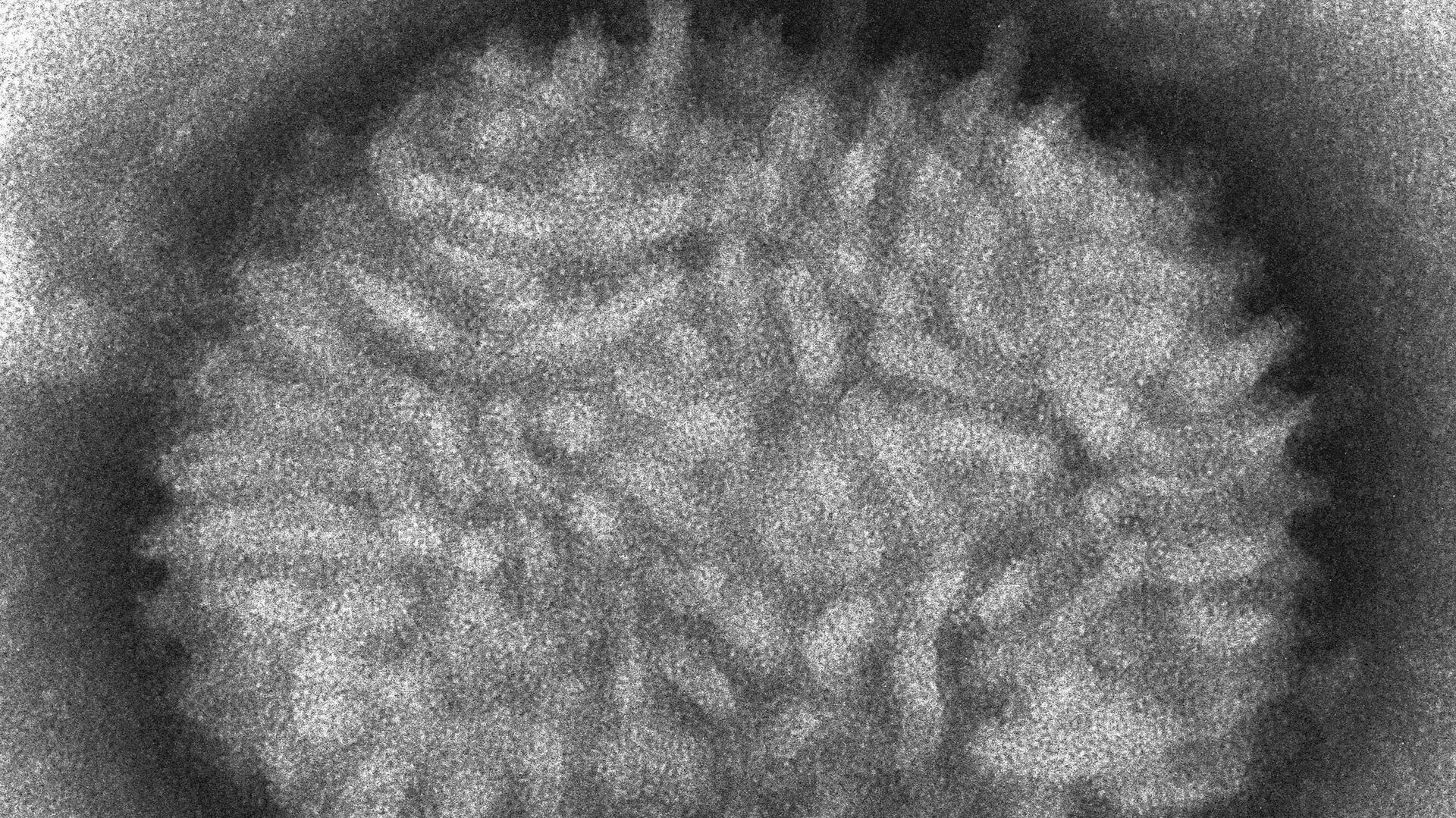https://sputnikglobe.com/20220813/who-two-monkeypox-strains-receive-new-names--1099532552.html
WHO: Two Monkeypox Strains Receive New Names
WHO: Two Monkeypox Strains Receive New Names
Sputnik International
GENEVA (Sputnik) - The World Health Organization (WHO) has renamed two monkeypox strains with Roman numerals so as not to draw unfavorable attention to African... 13.08.2022, Sputnik International
2022-08-13T03:30+0000
2022-08-13T03:30+0000
2022-08-13T03:29+0000
world
world health organization (who)
monkeypox
https://cdn1.img.sputnikglobe.com/img/07e6/05/14/1095655866_0:173:2660:1669_1920x0_80_0_0_07f224df4da20a9c7cbdd52e881e6fcd.jpg
The decision was made after a group of global virologists and public health experts reached consensus on the new terminology this week, according to the WHO.The organization said on Friday that Roman numerals will now be used for two clades (or strains) of monkeypox: the former Congo Basin (Central African) clade will be referred to as Clade one (I) and the former West African clade as Clade two (II).In addition, experts agreed that Clade II consists of two subclades (or substrains). Lower-case alphanumeric characters will be used for subclades.In June, WHO Director General Tedros Adhanom Ghebreyesus announced the organization was going to work on new names for monkeypox in order to get rid of the "discriminatory and stigmatizing" nomenclature.Earlier in June, over 30 scientists wrote a public letter urging the medical community to rename the virus to prevent possible discrimination and stigmatization. Scientists said the WHO recommended avoiding geographic regions and animals in disease names. They also suggested that the monkeypox virus could not be called African.In July, WHO Director-General Ghebreyesus announced that the global monkeypox outbreak represents a public health emergency of international concern.Most people usually recover from monkeypox within a few weeks without treatment. The symptoms are initially flu-like, such as fever, chills, and swollen lymph nodes, which are then followed by a widespread rash. According to the WHO, the disease can be more severe in young children, pregnant women, and individuals who are immunocompromised.The monkeypox virus is not easily transmitted and usually spreads through close physical contact, including sexual contact, with an infected individual. The virus can enter the human body through broken skin, the respiratory tract, eyes, nose and mouth, and via bodily fluids. Monkeypox is a zoonotic disease (spread between animals and people). It originates in animals like rodents and primates and occurs in remote parts of Central and West Africa.Over 31,000 cases of monkeypox have been reported worldwide across more than 70 countries, and so far, 12 deaths have been attributed to the disease.
https://sputnikglobe.com/20220804/us-declares-monkeypox-public-health-emergency---hhs-secretary-1098126324.html
Sputnik International
feedback@sputniknews.com
+74956456601
MIA „Rosiya Segodnya“
2022
Sputnik International
feedback@sputniknews.com
+74956456601
MIA „Rosiya Segodnya“
News
en_EN
Sputnik International
feedback@sputniknews.com
+74956456601
MIA „Rosiya Segodnya“
Sputnik International
feedback@sputniknews.com
+74956456601
MIA „Rosiya Segodnya“
world health organization (who), monkeypox
world health organization (who), monkeypox
WHO: Two Monkeypox Strains Receive New Names
GENEVA (Sputnik) - The World Health Organization (WHO) has renamed two monkeypox strains with Roman numerals so as not to draw unfavorable attention to African countries.
The decision was made after a group of global virologists and public health experts reached consensus on the new terminology this week, according to the WHO.
The organization said on Friday that Roman numerals will now be used for two clades (or strains) of monkeypox: the former Congo Basin (Central African) clade will be referred to as Clade one (I) and the former West African clade as Clade two (II).
In addition, experts agreed that Clade II consists of two subclades (or substrains). Lower-case alphanumeric characters will be used for subclades.
In June, WHO Director General Tedros Adhanom Ghebreyesus announced the organization was going to work on new names for monkeypox in order to get rid of the "discriminatory and stigmatizing" nomenclature.
Earlier in June, over 30 scientists wrote a public letter urging the medical community to rename the virus to prevent possible discrimination and stigmatization. Scientists said the WHO recommended avoiding geographic regions and animals in disease names. They also suggested that the monkeypox virus could not be called African.
In July, WHO Director-General Ghebreyesus announced that the global monkeypox outbreak represents a public health emergency of international concern.
Most people usually recover from monkeypox within a few weeks without treatment. The symptoms are initially flu-like, such as fever, chills, and swollen lymph nodes, which are then followed by a widespread rash. According to the WHO, the disease can be more severe in young children, pregnant women, and individuals who are immunocompromised.
The monkeypox virus is not easily transmitted and usually spreads through close physical contact, including sexual contact, with an infected individual. The virus can enter the human body through broken skin, the respiratory tract, eyes, nose and mouth, and via bodily fluids. Monkeypox is a zoonotic disease (spread between animals and people). It originates in animals like rodents and primates and occurs in remote parts of Central and West Africa.
Over 31,000 cases of monkeypox have been reported worldwide across more than 70 countries, and so far, 12 deaths have been attributed to the disease.





